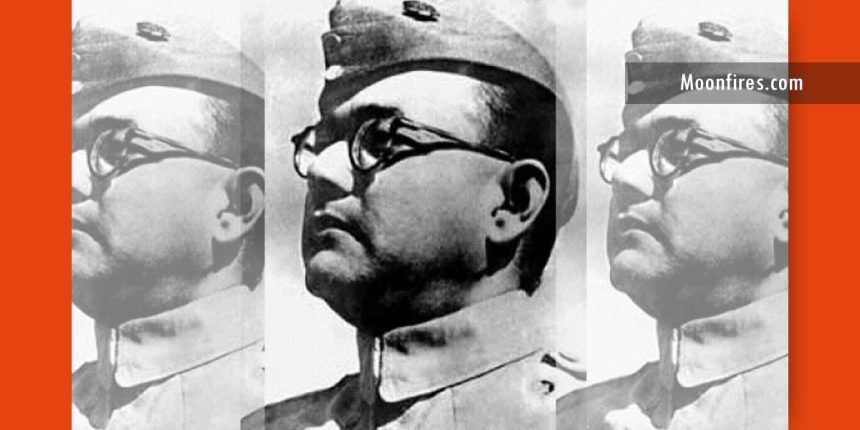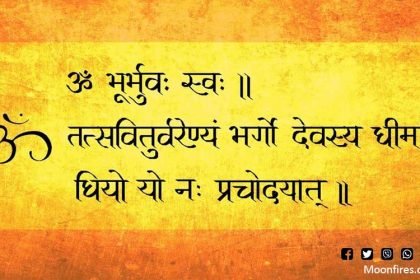Netaji Subhas Chandra Bose :
The Indian freedom movement, a tumultuous and transformative period in India’s history, was marked by the efforts of numerous leaders who worked tirelessly to liberate the nation from British colonial rule. Among these luminaries, Netaji Subhas Chandra Bose stands out as a charismatic and resolute leader whose contributions left an indelible mark on the struggle for independence. This article delves into the life, ideology, actions, and enduring legacy of Netaji Subhas Chandra Bose, highlighting his pivotal role in shaping the course of the Indian freedom movement.
Early Life and Ideological Foundations
Subhas Chandra Bose‘s early life was marked by a strong sense of nationalism and a yearning for justice. Raised in a family that valued education and social reform, Bose imbibed these principles from an early age. His education at prominent institutions like Calcutta’s Presidency College and Cambridge University exposed him to diverse ideologies and worldviews, shaping his understanding of global politics and colonialism.
However, Bose’s deep-rooted sense of patriotism compelled him to return to India and contribute to the freedom movement. Influenced by the writings of Swami Vivekananda and Aurobindo Ghose, he embraced the concept of nationalism that was based not just on political freedom but also on the holistic development of the individual and the nation.
Leadership in the Indian National Congress
Bose’s entry into the Indian National Congress marked the beginning of his active involvement in the freedom struggle. He quickly gained prominence due to his eloquence, progressive ideas, and charismatic leadership. In 1938, he was elected as the President of the Indian National Congress, a position from which he emphasized the importance of self-reliance and self-sufficiency for India’s progress.
Bose’s presidency also witnessed ideological clashes within the Congress. While Mahatma Gandhi advocated for non-violent civil disobedience, Bose believed in more direct and forceful methods to overthrow British rule. This ideological difference eventually led to Bose’s resignation from the presidency, as he believed in pursuing a more aggressive approach towards achieving freedom.
Formation of the Forward Block and Radicalization
Following his resignation from the Congress presidency, Bose founded the Forward Bloc in 1939. This marked a significant shift in his approach to the freedom movement. The Forward Bloc aimed to unite like-minded radicals who were willing to adopt more militant means to secure India’s independence. Bose believed that passive resistance alone was insufficient to confront the British Empire’s might.
The Forward Bloc advocated for complete political, economic, and social independence for India. It pushed for a radical agenda that resonated with those who believed that a more assertive stance was necessary to challenge British dominance.
The Quest for International Support
Bose’s determination to achieve India’s freedom led him on a journey that transcended national borders. In 1941, he escaped house arrest and embarked on a treacherous journey, eventually reaching Germany and then Japan. In Japan, he sought to garner international support for India’s cause, despite the complex geopolitical dynamics of World War II.
His collaboration with Axis powers like Germany and Japan, while controversial, was driven by his unwavering commitment to achieving India’s independence. He believed that aligning with these powers would weaken the British Empire and create a conducive environment for India’s liberation. This phase of Bose’s life saw him forming the Indian National Army (INA), composed of Indian soldiers who were willing to fight alongside the Japanese against the British.
Formation of the Azad Hind Government and INA
One of Bose’s most enduring legacies is the establishment of the Azad Hind Government and the INA. In 1943, he established the Azad Hind Government in Singapore, with himself as the Head of State and Prime Minister. This government aimed to provide a parallel administration to the British colonial government in India, further asserting India’s independence.
The INA, under Bose’s leadership, played a crucial role in this endeavor. Comprising soldiers captured by the Japanese during their advance, the INA fought battles in Southeast Asia with the aim of reclaiming India from British rule. Bose’s charismatic leadership and ability to inspire loyalty among his troops were evident as the INA marched forward with conviction.
Legacy and Controversies
Netaji Subhas Chandra Bose’s legacy is a complex tapestry of courage, determination, and ideological evolution. His radical approach, coupled with his unwavering commitment to India’s freedom, continues to inspire generations. However, his collaboration with Axis powers during World War II remains a topic of debate and controversy. Some view his actions as pragmatic strategies in pursuit of India’s liberation, while others criticize them for aligning with powers responsible for atrocities.
Despite these controversies, Bose’s contributions to the Indian freedom movement cannot be denied. His advocacy for armed struggle and his ability to mobilize support both within and outside India showcased his leadership prowess. His emphasis on complete independence, economic self-sufficiency, and a united front against imperialism left a lasting imprint on India’s national consciousness.
Conclusion
Netaji Subhas Chandra Bose’s journey in the Indian freedom movement embodies courage, conviction, and an unwavering dedication to India’s liberation. His evolution from a young nationalist to a radical leader who believed in the potential of direct action showcased his dynamic and visionary leadership. His establishment of the Forward Bloc, the Azad Hind Government, and the INA underscore his innovative strategies to challenge the British Empire.
While the controversies surrounding his collaboration with Axis powers persist, Bose’s legacy stands as a testament to his unyielding spirit and commitment to India’s freedom. His contributions continue to inspire those who seek to understand the multifaceted nature of the Indian freedom movement and the diverse strategies employed to achieve independence. Netaji Subhas Chandra Bose’s name remains etched in India’s history as a formidable leader and a symbol of resilience in the face of adversity.



